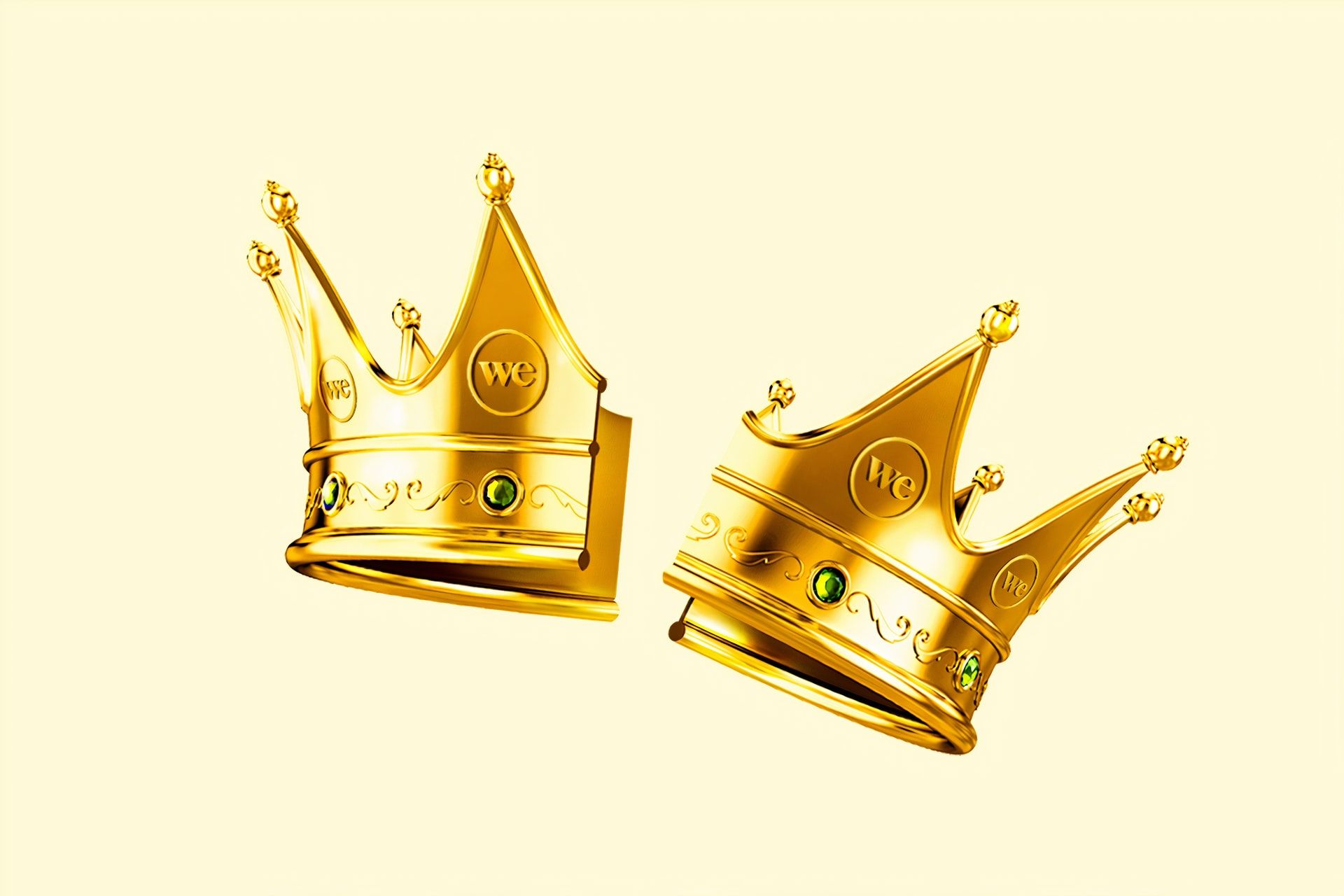Capitalism is only the symptom, your inner despot is the real problem
These, then, are the three fundamental principles of modern society, established one after another by the movements of 1789 and 1830: 1. Sovereignty of the human will; in short, despotism. 2. Inequality of wealth and rank. 3. Property
Proudhon makes a fundamental distinction in his classic text, What is Property?, between progress and revolution. Revolution, he says, takes place when our ideas "undergo a thorough change in consequence of new observations". Progress, on the other hand, is the extension or modification of current ideas. Commenting, then, on the new order that emerged out of the movements of the late 18th and early 19th century, he notes that the changes they brought into effect, which are still today's orthodoxy, did not constitute any kind of real revolution as they simply extended existing structures and inequalities – a democratisation of despotism, if you will.
I think Proudhon is spot on. The basic evil of capitalism does not lie in its ability, or not, to lift people out of poverty. Rather, it is a fundamentally flawed system because it views power, position, and property as rights and privileges rather than duties. Modern society is built on the premise that I am owed and may own certain things. This places the whole system at the mercy of human caprice. He explains this exquisitely in the following passage:
The nation, so long a victim of monarchical selfishness, thought to deliver itself for ever by declaring that it alone was sovereign. But what was monarchy? The sovereignty of one man. What is democracy? The sovereignty of the nation, or, rather, of the national majority. But it is, in both cases, the sovereignty of man instead of the sovereignty of the law, the sovereignty of the will instead of the sovereignty of the reason; in one word, the passions instead of justice. Undoubtedly, when a nation passes from the monarchical to the democratic state, there is progress, because in multiplying the sovereigns we increase the opportunities of the reason to substitute itself for the will; but in reality there is no revolution in the government, since the principle remains the same.
We may shrink in horror at the failure and unwillingness of our forebears to give up their 'right' to own other human beings, but insofar as we believe that the things we own are ours to do as we please, we have not moved on from the same fundamental principle. Some of the most vehement arguments in favour of a more just society are built on the idea that more people should be given the right to power, position, and property. For Proudhon, this is not a solution, only a more bearable form of despotism. We might think that we have moved on from past injustices, but our inability to give up our 'right' to property, position, and power demonstrates that despotism is still well and truly alive – only it resides within us.
A society that is truly undergirded by justice will therefore have to solve the problem of the mini despot inside all of us. And this will only happen when we are brought to the point of saying,
"What I have is not my own; it has all been given to me for the purpose of blessing others. My place in this world is not for my own benefit, but for the furthering of those around me. I am not my own, I exist for the sake of you and my joy lies in seeing you flourish."
There is only one person in human history who both said this and truly lived it to its bloody end. When Jesus says to us in John chapter 15, "Apart from me, you can do nothing", he is merely calling us to the life he himself lived. For Jesus, everything he had was a gift, for the purpose of giving to others. He was not driven by his passions, but by justice and truth; note how Proudhon's definition of despotism as 'the sovereignty of the human will', is completely upended in the statement below.
“I can do nothing on my own. As I hear, I judge, and my judgment is just, because I seek not my own will but the will of him who sent me." (John 5.30)
As God, Jesus had the raw power to impose his will, but he came to show us that God is not a despot – there is no caprice in God, only an other-centred, self-giving disposition of love.
Let us bear in mind, as we harp on about how horrific everyone else is, how far each of us is from this. But let us also rejoice that, precisely because this other way of being – this true revolution – is a gift, it can truly be ours today, if we come to Christ to receive it.
